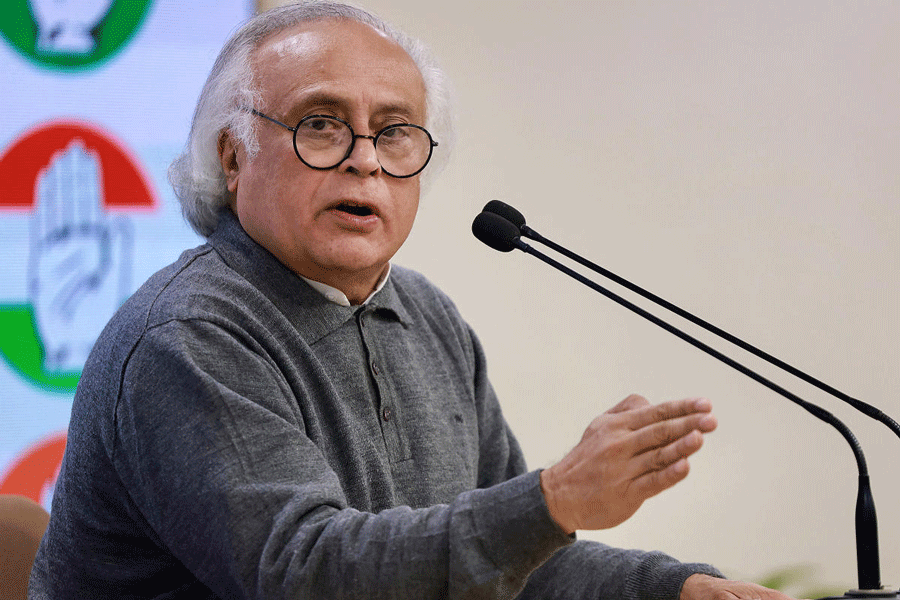The Centre’s plan to build a commercial port and other infrastructure on the Great Nicobar Island has disregarded objections from the islands’ tribes and downplayed seismic risks to the proposed plan, former Union environment minister Jairam Ramesh has said.
Congress leader Ramesh has also said the environmental impact assessment report on the project, describing alternate sites, had omitted the least destructive site, Campbell Bay, and only included three other sites that are “either as or marginally more environmentally sensitive” than the proposed Galgathea Bay site.
In an open letter to environment minister Bhupender Yadav on Tuesday, Ramesh cited an expert appraisal committee that had noted in April 2021: “The site selection for the port component (had) been done keeping primarily the technical and financial viability in place. The environmental aspects were not given much weightage while selecting the site.”
The Great Nicobar Island project includes an international container transshipment port at Galgathea Bay proposed to be commissioned by 2028 and to be built at an estimated cost of ₹19,000 crore. The Union ports and shipping ministry has said the proposed port will help India through forex savings, foreign direct investments and increased economic activity at other Indian ports.
At present, around 75 per cent of India’s transshipped cargo is handled at ports outside India such as Colombo and Singapore. On August 10, Yadav sent a detailed letter to Ramesh, asserting that the ministry had cleared the project after due diligence, assessments of possible impacts on the ecology, and ensuring that legal safeguards and constitutional provisions related to tribal communities had been duly followed.
“It is only after due deliberations and after incorporating exemplary mitigation measures that the decision on the project was taken by the Central government, keeping the strategic, national and defence interests in mind and without compromising with the environmental and social aspects," Yadav had written.
He had said the government had conducted public consultations and the chairman of the tribal council for the Great Nicobar and Little Nicobar Islands who had attended the public hearings on the environmental impact assessment of the project had not raised objections.
Yadav also said any local families impacted by the project would be provided relief and rehabilitation. However, Ramesh said the ministry has failed to mention that the chairman of the tribal council had “clearly said they (the tribes) wish to return to their ancestral villages.”
“This aspiration of the community raised by the tribal council chairman was entirely ignored and not addressed at any point in the process of the environmental clearance,” the environment minister between 2009 and 2011 said. He also flagged concerns that the project will involve a large-scale influx of tourists.










